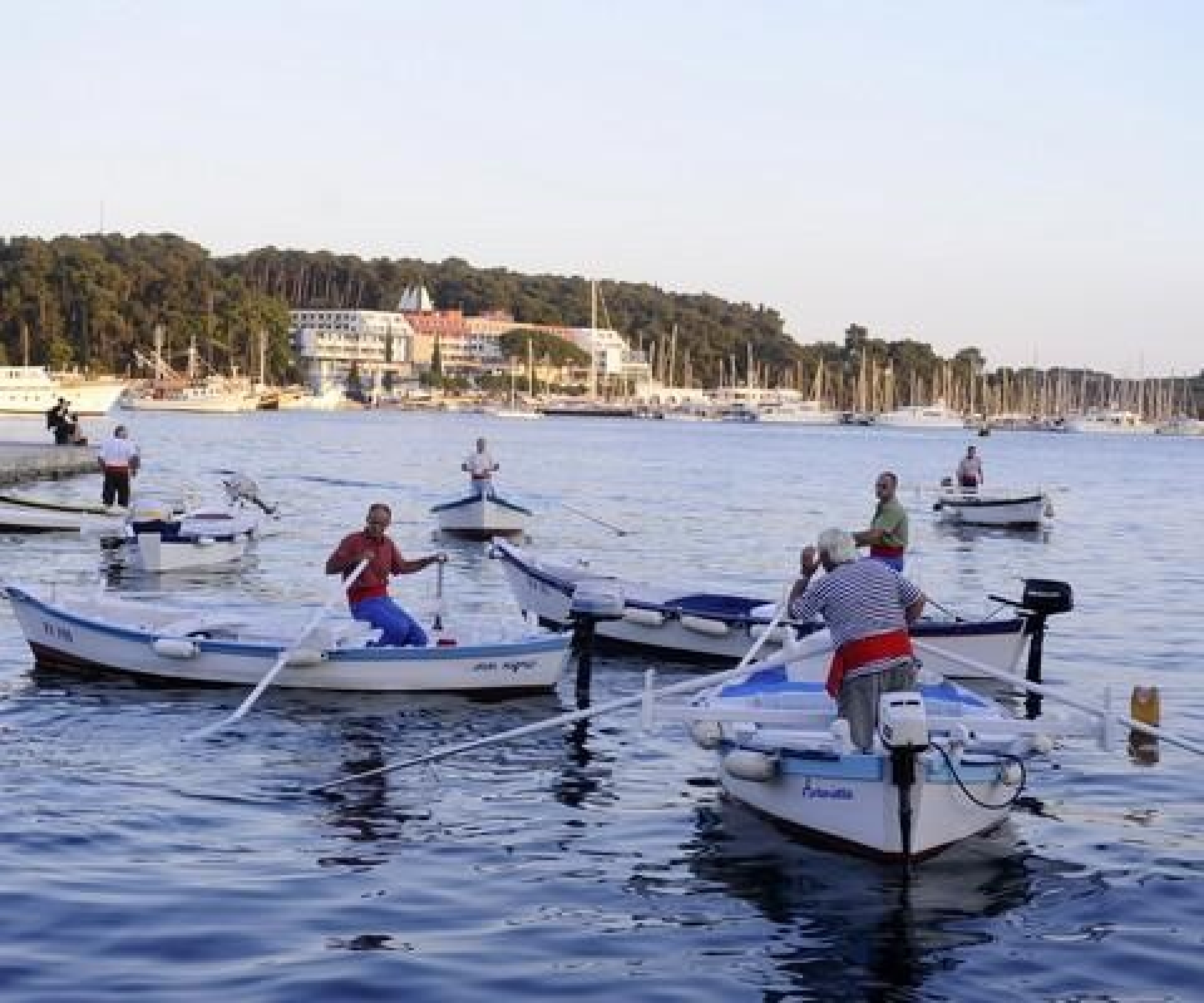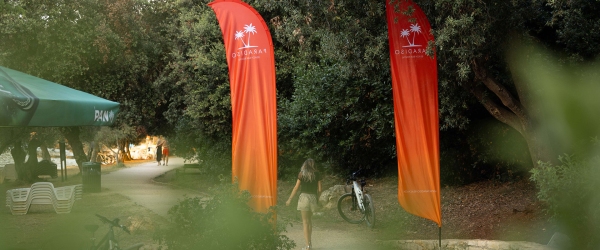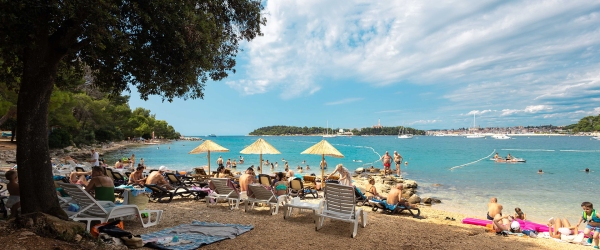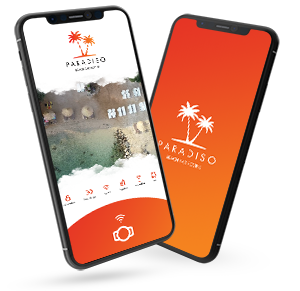Fishing tradition in Rovinj – how fishermen used to live and what remains today
Fishing in Rovinj has deep roots that stretch back centuries, shaping the lives of locals and the culture of this beautiful coastal town. In the past, fishermen would go out to sea every day in the early morning hours, often before sunrise, to catch fish that would feed their families and the local community. Their boats, hand-crafted from wood, were a symbol of tradition and long-standing craftsmanship, and each boat had its own story and character. At that time, fishing was not just a job but a way of life that involved respect for the sea, weather conditions, and natural cycles. Fishermen often passed down their knowledge and skills from generation to generation, ensuring the continuity of tradition and a shared identity.
Today, many of these old customs and techniques are preserved through museums, exhibitions, and local events, offering visitors insight into the way of life of past generations. At the Rovinj waterfront, traditional wooden boats, known as batane, can still be seen, used for centuries to catch fish and squid. Local fishermen often use old nets and fishing methods, teaching younger generations how life used to be in harmony with the sea. Beyond fishing itself, fishermen played an important role in the community, participating in festivals, celebrations, and events connected to the sea and the town's prosperity.
The fishing tradition also shaped Rovinj’s gastronomy, as recipes and methods for preparing fish were passed down through generations. Fresh fish and seafood remain the foundation of the local cuisine, and many restaurants use traditional methods and recipes that date back centuries. Visitors can learn about different types of fish, seasonal catches, and preparation techniques through guided tours and workshops. Fishing stories are passed down orally, preserving anecdotes about bravery, endurance, and the daily challenges of life at sea.
Although fishermen’s lives have changed somewhat due to modern technologies and new fishing methods, the spirit of the past still lives on in Rovinj’s community. Older generations keep memories of hard but proud days at sea, while younger residents try to combine tradition with modern ways of life. The Rovinj harbor remains a meeting place where the smells of the sea, salt, and fresh fish remind visitors of the town’s centuries-old connection to the sea. Tourists often enjoy watching fishermen at work, learning about the rhythm of life that has not changed much over time.
Museums, local associations, and cultural centers organize workshops and exhibitions dedicated to fishing, preserving the collective memory of the tradition. Special events, such as fishing festivals, allow visitors to experience the authentic life of Rovinj and taste the local cuisine. Every street in the old town, every stone, and every fisherman's house tells a story of life connected to the sea and the hard work of daily fishing. Fishing has shaped Rovinj’s identity, as the town has long been known for its connection to the Adriatic Sea and its rich marine resources.
Today’s visitors can feel the spirit of tradition and authenticity while strolling along the waterfront, observing boats, and talking with local fishermen. The story of Rovinj’s fishermen is not just history but a living testament to culture, resilience, and love for the sea. Each new generation preserves these customs, adapting them to modern life without forgetting their roots. Fishing tradition remains a bridge between past and present, connecting people, nature, and the sea. Visiting Rovinj offers the opportunity to feel this connection and understand how the sea has shaped the character and daily life of its people.





